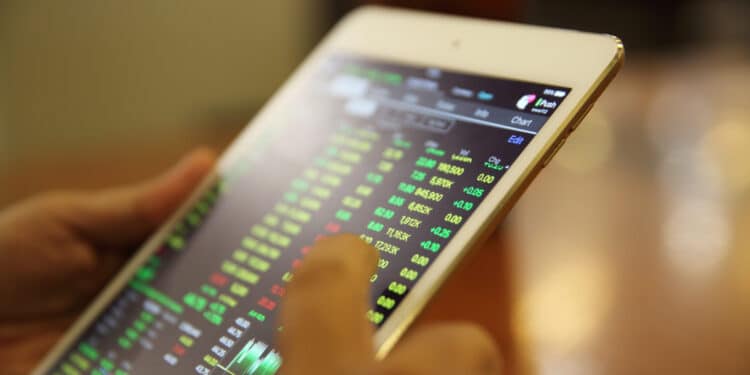In general, there are two types of trading platforms: those produced by the brokers and those developed by firms that specialize in the creation of trading platforms. Each of them has a unique set of characteristics and capabilities.
Generally, brokers develop platforms that are customized to users’ needs. Under such circumstances, investors who want to switch brokers may have a difficult time since they will need to learn how to use a new platform each time they change a broker.
Some brokers are never keen on upgrading their trading platform because of the monetary and time implications of such upgrades. It is only fair to cut them some slack because, after all, brokers are primarily after increasing their commissions.
In reality, not all good trading platforms are well built to meet the needs of all their users. When assessing trading platforms, many investors place a higher value on the ease of navigation and placing of orders. Many professional traders, on the other hand, are usually on the lookout for more advanced platforms that provide a wide choice of technical analysis tools.
How do you go about analyzing a platform, and what metrics should you use?
Friendly user interface
Certainly, if a trading platform is difficult to use, users will become frustrated. All of the platform’s features and functionalities should be clear and understandable to users. Whether or not a person continues to use this platform will be determined by their first impression.
A trading platform with a complicated user interface will be incomprehensible to new users. Traders will be more likely to invest and make money if the user interface is simple and easy to use. The user interface should be structured in such a way that it is easy to move between different modes.
Favorable commissions
Commissions form a small fraction of money used in trading, but they can pile up over time and add up to significantly large sums of money. You should therefore look for a platform whose commissions won’t dent your pockets but also without compromising on the quality of service.
Speed of response
It is common knowledge among investors and traders that slippage is a critical part of trading the financial markets, particularly the forex market. This could result in the stop-loss order being executed at levels beyond the one you set, especially if there is high volatility that produces a gap.
These orders will be filled at the next available value due to heightened volatility. The pricing discrepancies will always exist, even if we don’t notice them. A good broker will allow for slippage not just on your stop-loss order but also on your take-profit order. This balances things out.
Availability of adequate analytical tools
Since charting is a crucial part of technical analysis, traders should pick charting software they are familiar with, and that includes all of the features they are likely to need. It’s common for traders to utilize charting software solely as a backup to their trade executions on another platform.
Fees charged by the broker
Every foreign exchange transaction contains a variety of fees and commissions that have an impact on the final outcome. These service fees and banking fees are sometimes not disclosed openly by brokers because they affect your transaction costs and contribute to your final profit or loss,
As a result, it would be prudent for you to ensure that your trading platform has a live calculator that shows you exactly how much each trade costs.
Level of connectivity
Forex trading takes place on a global scale, with several currencies being traded at the same time.
It’s for this reason that an online trading platform should be well-connected to a wide range of foreign stock exchanges because they relay important information that ultimately affects price swings in the forex markets.
Safety is a major concern
You must ensure that the platform you choose is as safe as possible to avoid having your personal data compromised. The type of encryption your platform utilizes will offer you some clue into how well your data is safeguarded when it is transmitted over the internet, so be sure to check this out before using it.
Firewalls are standard on reputable trading platforms. In addition, the data should be saved on two distinct but synchronized servers so that if one of the servers should fail, the other can still recover the lost information.
In summary
The trading platform you choose has a significant impact on your long-term success as a forex trader. As a result, extensive research is warranted before making such a critical decision. The easiest way to find out which platform works for you is to experiment with a few different options. There is no single rule that governs which platform is best, but it’s critical to select a broker who can help the platform function properly by offering a variety.




